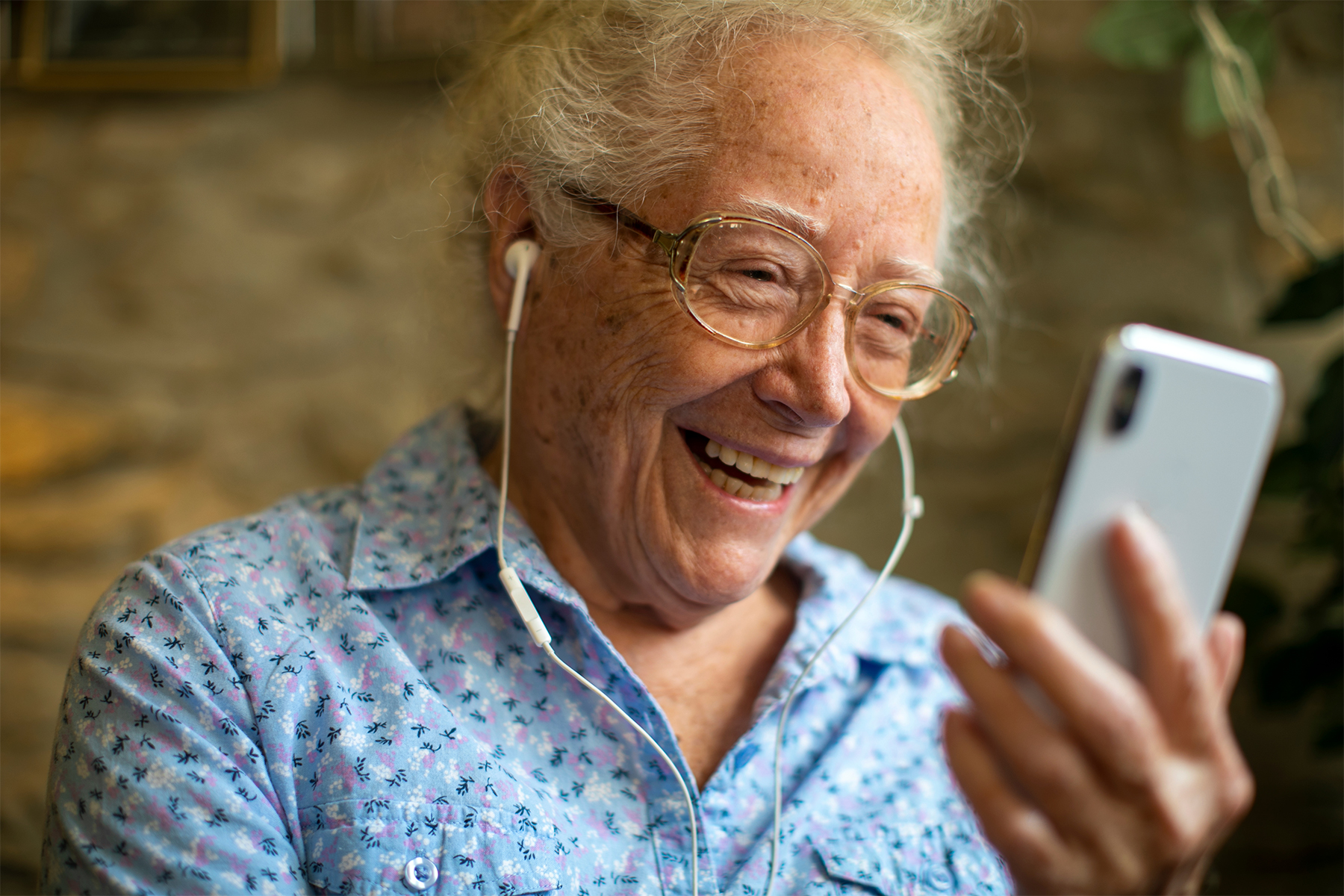Social distancing and COVID-19 are topics at the top of everyone’s mind right now, especially those who are at high risk. Individuals who fall within a high-risk category, such as the elderly, those with preexisting conditions, and those with a compromised immune system may need extra support from those close to them during this time.
Because individuals in this category are at high risk of contracting COVID-19 and experiencing complications and even death, they must stay as isolated as possible from public spaces and the general population. While this is the safest option, it can be challenging. Here are a few ways that you can help support those in your life who may be at high risk while still practicing social distancing.
-
Social support at a distance
The truth is social distancing can be lonely and we all need social contact. Isolation, while for the safety of your loved one’s health, can still cause cognitive and mental health issues. It’s important not to forget to stay social with your loved ones at a safe distance as often as you can. Quality stimulation and social interaction can help maintain cognitive function and positive mental health. Set up a daily phone or video call with your loved ones to check-in. The iPhone Facetime feature and Zoom are easy to use, free video calling services that allow a more intimate way to stay connected at a distance. The Marco Polo app is also a great addition to help keep in touch. This app allows you to send video messages in a personal or group chat, perfect for staying consistently connected throughout the day.
-
Emotional support at a distance
During times of crisis, mental health conditions such as depression and anxiety often worsen. Staying connected socially is important, but staying connected emotionally is vital as well. As a caregiver, it’s often easy to forget to take care of yourself. Check-in with yourself and your loved ones often to make sure you are all taking care of your mental and physical health.
If you think that you or a loved one might be struggling to cope with a new or preexisting mental health issue, know that there are still many remote support options available. Psychology Today, BetterHelp.com, and many small mental health practices have telehealth resource options to allow you to receive therapy or counseling digitally in the comfort of your own home.
If you think that you or a loved one might be experiencing a mental health crisis or might be a danger to themselves or others, please call the National Suicide Hotline at 1-800-273-8255 or call 911.
-
Support with daily tasks at a distance
It’s very crucial for not only the general population but those who are at high risk to stay isolated to control the spread of COVID-19. This makes participating in essential daily tasks outside the home, such as grocery shopping or picking up prescriptions, difficult for those at high risk to achieve. Delivery services like InstaCart or Express Scripts provide grocery and prescription delivery with little to no physical contact. If delivery options don’t operate in your area, running essential errands for your loved one could also prove helpful in maintaining isolation for individuals at high risk.
-
Educational support at a distance
Local, State, and Federal regulations are changing rapidly and it can often be difficult to keep up with important news and health information for those who may not be as tech-savvy. Try your best to keep your loved ones informed with relevant information from credible news sources. The CDC, for example, has a wealth of credible information from proper hand washing technique to best practices for those in high-risk categories. Share new information with your loved ones via phone, email or social media to make sure they are informed on what they can, and should, be doing to stay safe and sanitary during this time.
Above all, the best thing to remember is that we are all in this together. If we stand united as a community and do our part to stay isolated, we can reduce the spread of COVID-19 and save lives. We can beat this together by staying safe, staying sanitized and staying home.
If you have any questions about how you can help your loved one at a distance or if you or a loved one is in need of home health care services, please feel free to contact us.


0 Comments